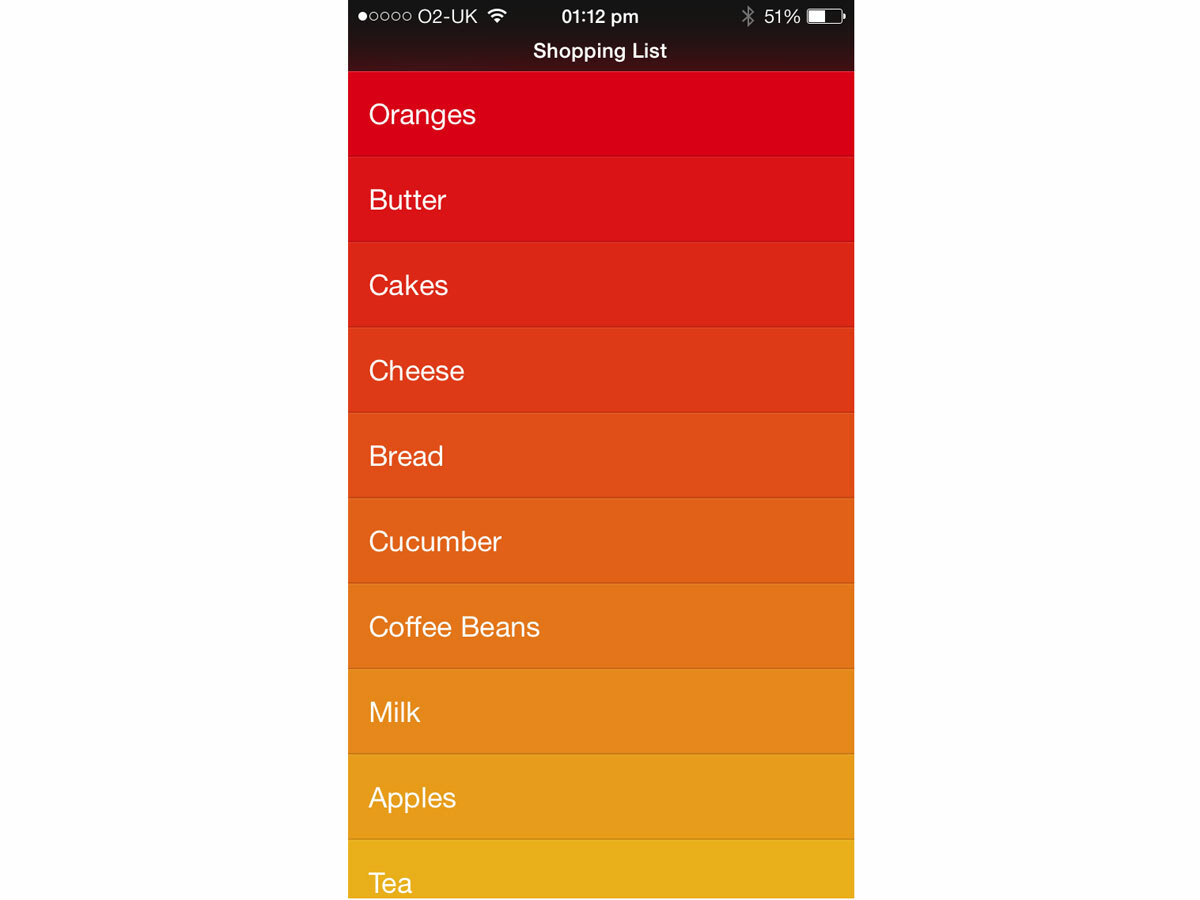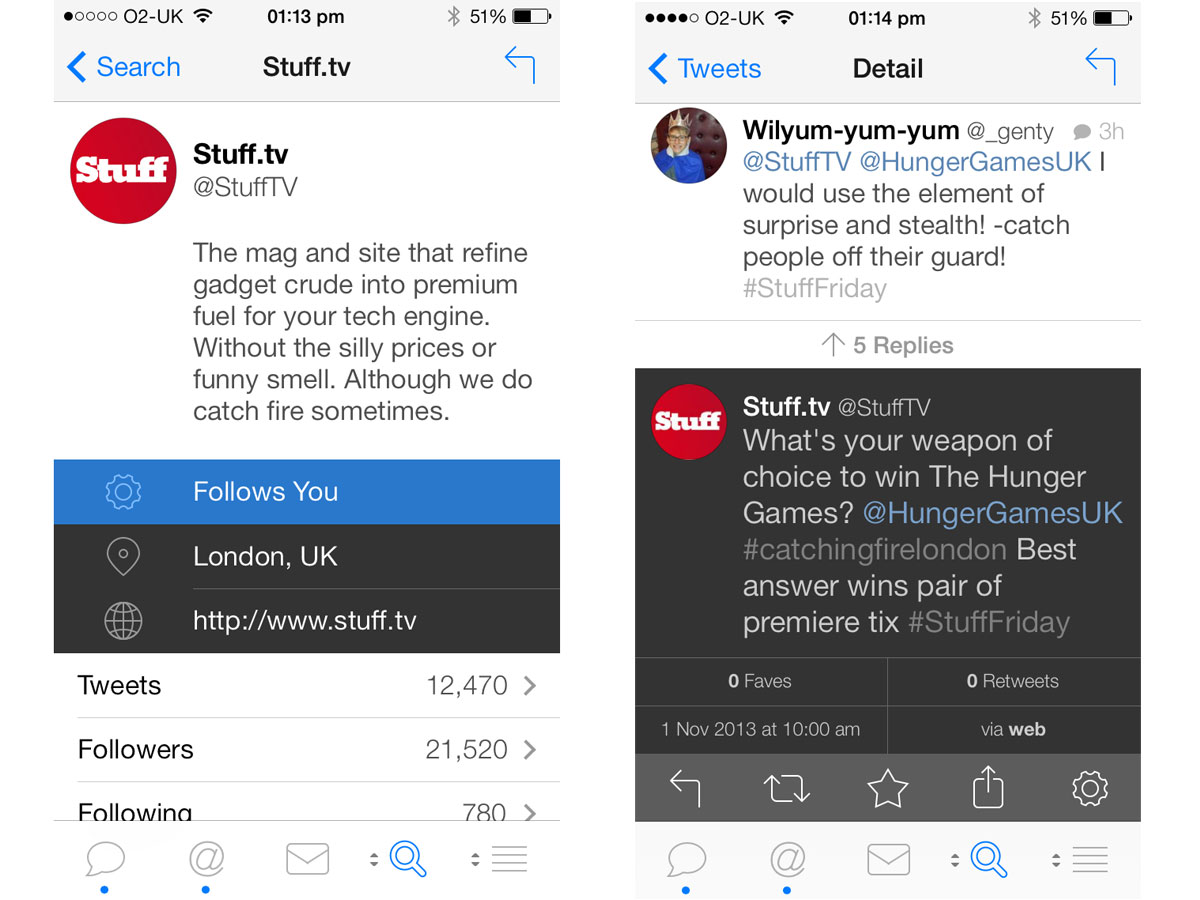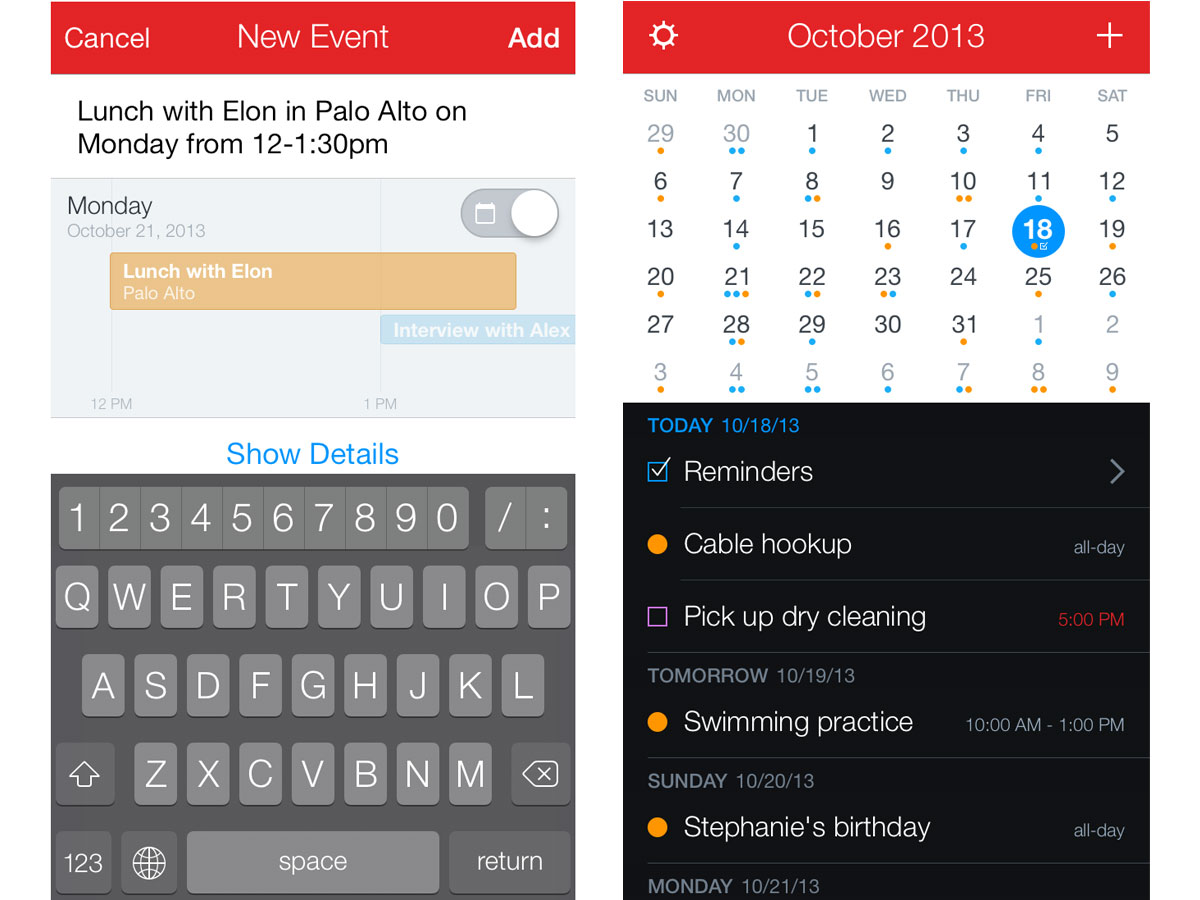Apps are brilliant, so stop moaning about paying for them
The price of free and low-cost software is constant whining about updates. Just suck it up, says Craig Grannell – because developers need to eat too
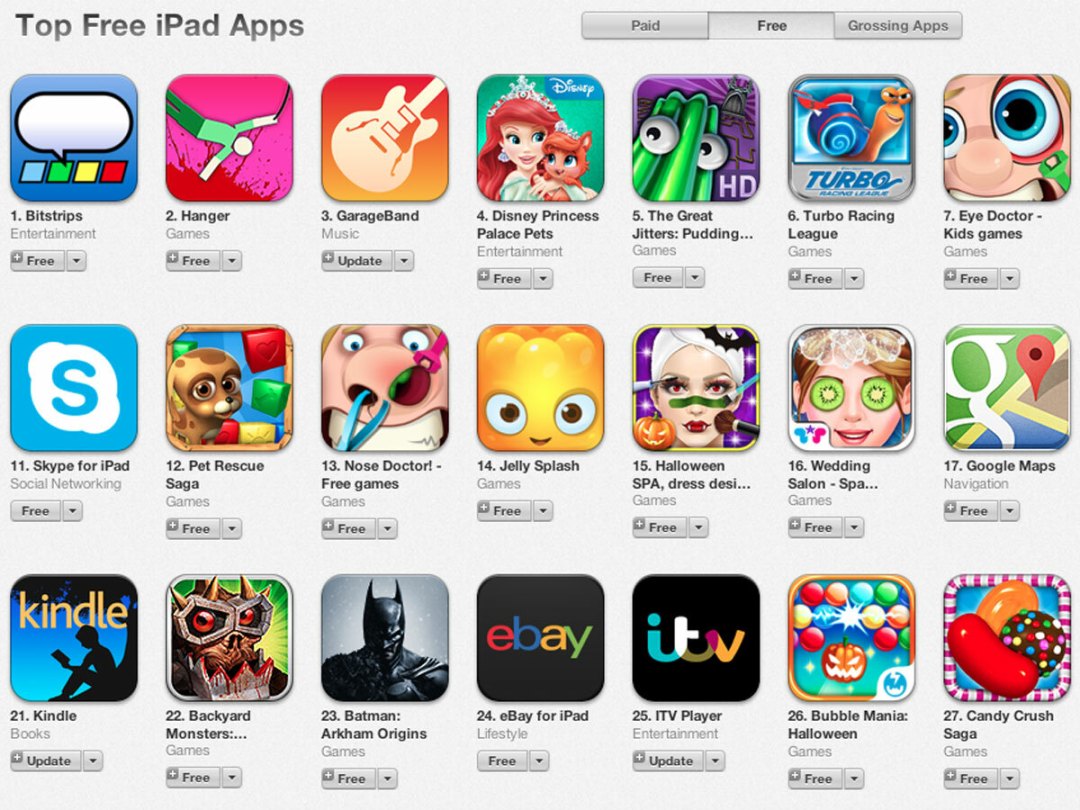
You might want to throw someone down a ravine every time they utter “there’s an app for that,” but there’s no denying how mobile gave the public a genuine thirst for third-party software. Apps for iPhone and Android number in the hundreds of thousands (and we hear at least several are also available for Windows Phone and BlackBerry), enabling people to perform all manner of digital wizardry with their devices. In short: apps are brilliant.
A race to the bottom
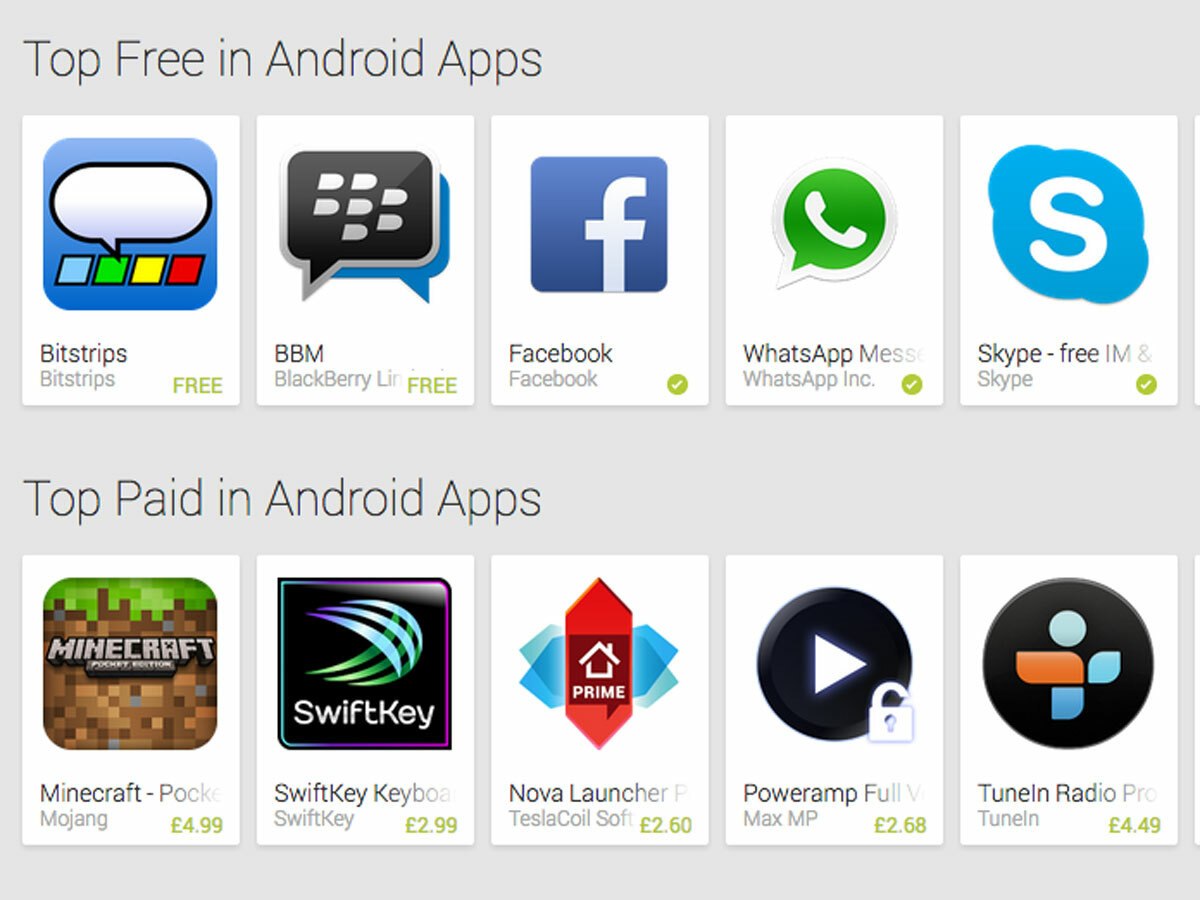
Apps are also, for the most part, dirt cheap; but what on the face if it appears to be a boon for the consumer is also an increasingly big problem. On iOS, we’ve since the birth of the App Store seen a race to the bottom, with apps starting life cheap and then fighting each other to be cheapest. The App Store doesn’t offer any kind of update-pricing mechanism, and so most devs just got on with offering free minor and major updates to anyone who’d already bought their product, eventually realising they were doing an awful lot of work for no income. More recently, Apple decided to make its iLife and iWork apps entirely free to anyone buying a new device, further eroding the value of software.
Over in camp Google, software hasn’t fared any better. Off the back of yelling OPEN and FREE until its lungs burst, Google has trained Android users to expect to pay little or nothing for apps. The expectation is everything should be free, and the level of entitlement across both platforms is now immense. Developers are criticised for ripping off consumers when they have the audacity to charge even a little money for an app or game they’ve been crafting for months.
On the iPhone, this came to a head with iOS 7. Apple’s overhaul was the most major to date, boasting an entirely new design language. Existing apps suddenly looked old and felt ‘heavy’, and so developers understandably clamoured to get out updates they’d worked crazily hard on. Because Apple’s App Store doesn’t enable them to charge for those updates, many developers resorted to simply uploading entirely new apps instead, and these — horror of horrors — cost money.
Whine time
Wambulance Central has since been working overtime. First came Clear, which was updated as a universal app optimised for iOS 7, and cost three quid. “Rip-off!” cried the entitled masses, furious a company had the sheer impudence to charge money for its hard work, and oblivious to the fact the app they already owned still worked perfectly well anyway. Realmac capitulated, renaming new Clear ‘Clear+’ and bringing back old Clear as ‘Clear’.
Then Twitter client Tweetbot was radically overhauled, prompting a backlash so severe that designer Mark Jardine said it “almost makes me not want to update any of our apps at this point because people will just complain that we aren’t working for free”. Next, Fantastical 2, a lovely update to iOS’s best calendar app, was met with accusations of money-grabbing and greed because the developer had again decided it’d be quite nice to be able to pay the bills and eat rather than give away a new app for nothing.
A grim future of terrible free apps? Not if you support developers
The most bizarre aspect of these complaints is that they are for excellent pieces of software that cost about the same as a pint, used on devices that by contrast cost a small fortune. If you’d regularly used any of the three apps mentioned since the original versions arrived, the most expensive would have been Fantastical, clocking in at 3p per week. And without apps providing income, the alternatives are grim, because developers would have to find other ways of making a living. This could be free apps with intrusive advertising or privacy implications, products packed with sneaky in-app purchases, or simply shifting apps to spare-time pursuits, thereby reducing the likelihood of focus, quality and regular updates.
So here’s my plea to everyone with a shiny iPhone or Android device, hovering over the ‘buy’ button for a new version of a favourite, often-used app: just do it, don’t complain about it, and enjoy living in an era where great software is so affordable. If too many people do the opposite, apps will certainly become more affordable (as in, free), but there’s a real danger they won’t be any good, or will require truly horrible compromises that you won’t realise exist until it’s too late.
